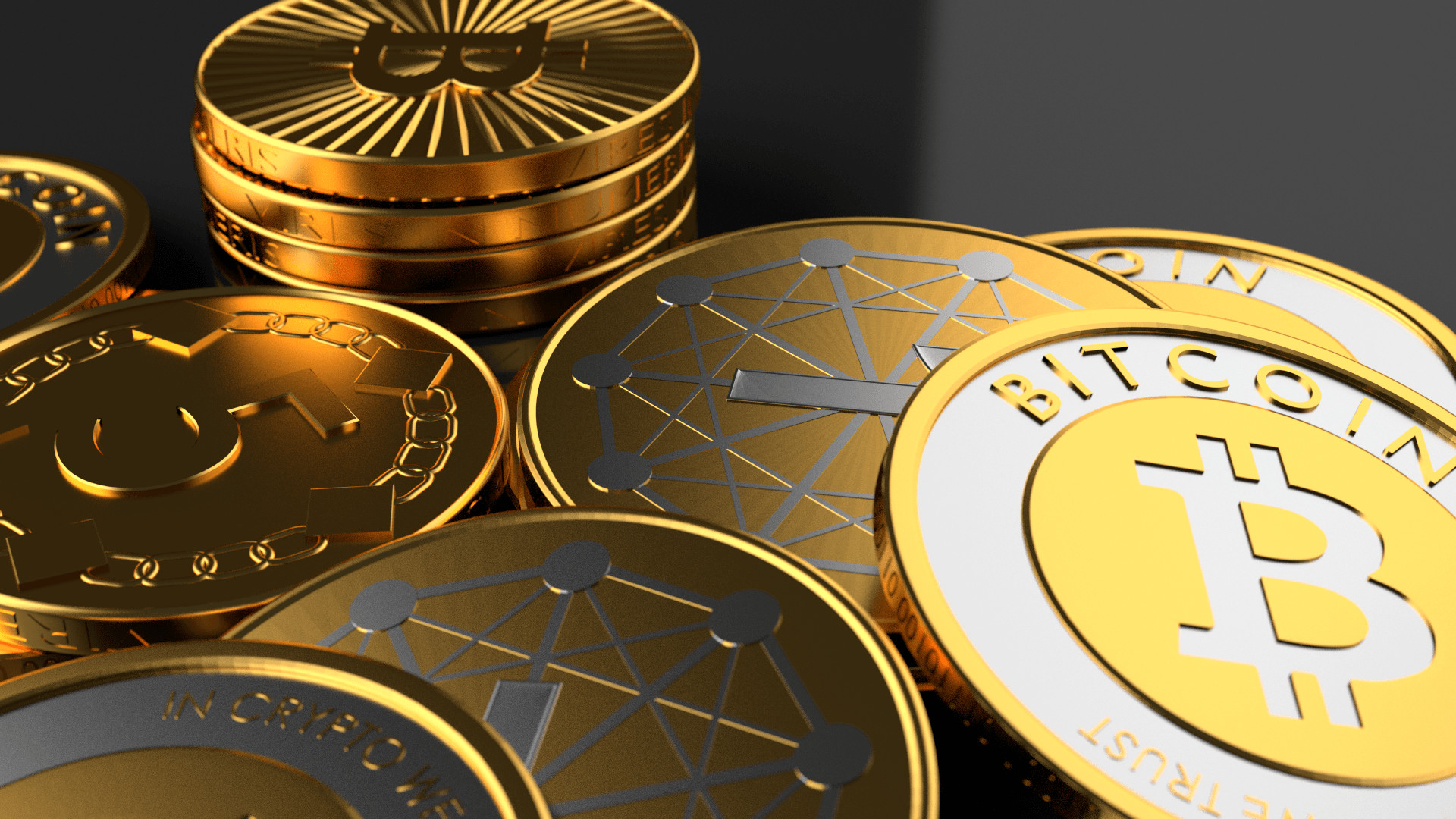Grayscale CEO recently revealed the pension industry joining hedge funds and other institutional firms in gaining exposure to Bitcoin.

Pension funds have already begun investing in the world’s most popular crypto asset, Bitcoin, according to the biggest crypto hedge fund firm, popularly known as Grayscale.
What you should know
In a recent Bloomberg interview, Grayscale CEO, Sonnenshein, disclosed on the pension industry joining hedge funds and other institutional firms in gaining exposure to Bitcoin through his firm portfolio, better known as Grayscale Bitcoin Trust.
We’ve started to see participation not just from the hedge fund segment, which we’ve long seen participation from, but now it’s recently from other institutions, pensions, and endowments.
- Investors are increasing their cash flow investments to notable crypto hedge funds, who are prepared to pay a premium to buy and hold cryptos through the security of a regulated fund like Grayscale.
- Grayscale Bitcoin Trust is a traditional investment vehicle with shares titled in the investors’ name, providing a familiar structure for financial and tax advisors and easy transferability to beneficiaries under estate laws.
At press time, Grayscale net Assets Under Management, Holdings per Share, and Market Price per Share for its Investment Products totalled $24.5 billion. The sizes of allocations they are making are growing rapidly as w
01/11/21 UPDATE: Net Assets Under Management, Holdings per Share, and Market Price per Share for our Investment Products.
Total AUM: $24.5 billion$BTC $BCH $ETH $ETC $ZEN $LTC $XLM $XRP $ZEC pic.twitter.com/WgFd5UCENP
The chief Executive officer also gave details about the trust and how it could affect the overall Bitcoin market as regards pricing.
Sonnenshein said:
- “So there is definitely an argument to be made about Grayscale and really any other vehicle that may be removing Bitcoin from circulation and putting it into a financial product inherently increasing the scarcity of an already scarce asset. This is a verifiable scarce asset and so when there are mechanisms that are removing them from circulation, that’s inherently making it an even scarcer asset.”




No comments :
Post a Comment